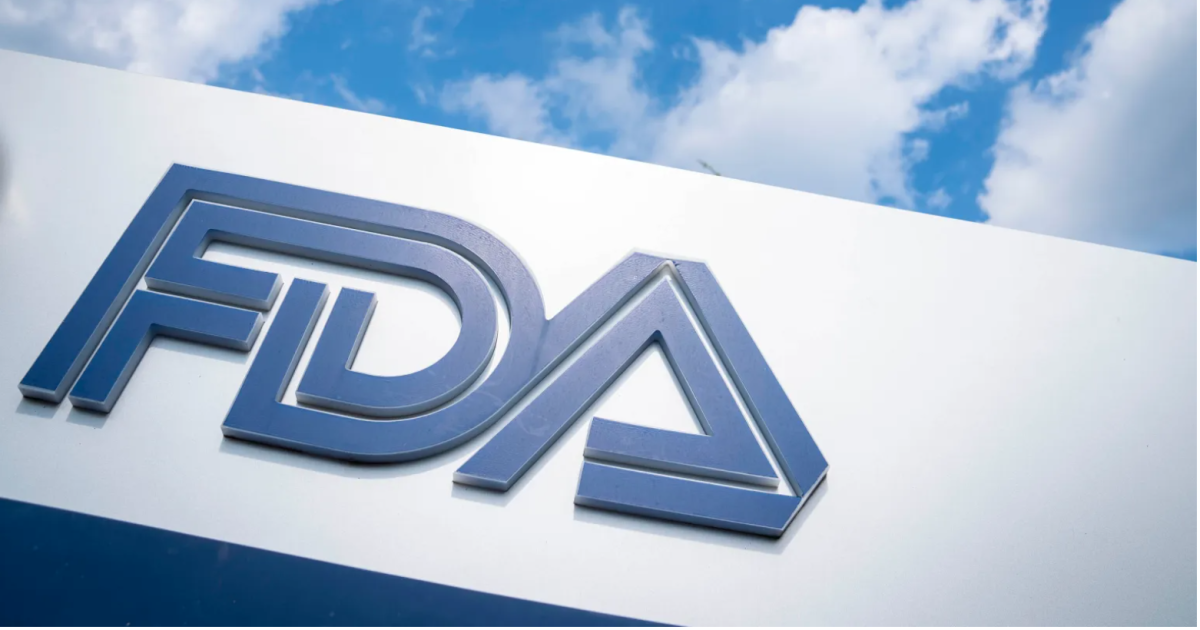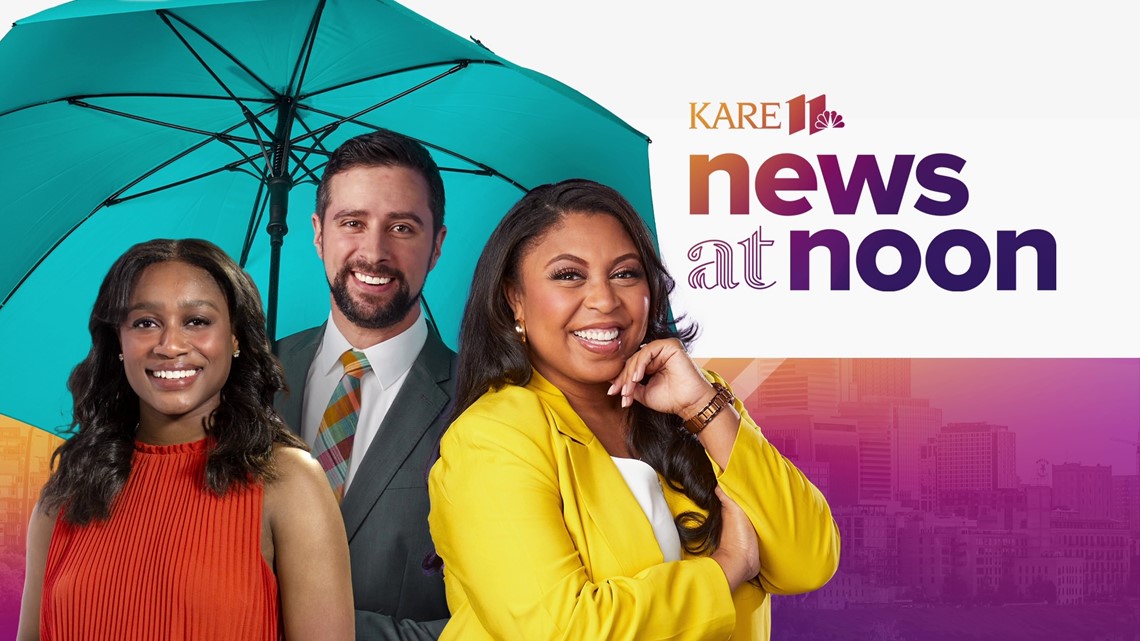CBS News
Many cancer drugs remain unproven years after FDA’s accelerated approval, study finds

The U.S. Food and Drug Administration’s accelerated approval program is meant to give patients early access to promising drugs. But how often do these drugs actually improve or extend patients’ lives?
In a new study, researchers found that most cancer drugs granted accelerated approval do not demonstrate such benefits within five years.
“Five years after the initial accelerated approval, you should have a definitive answer,” said Dr. Ezekiel Emanuel, a cancer specialist and bioethicist at the University of Pennsylvania who was not involved in the research. “Thousands of people are getting those drugs. That seems a mistake if we don’t know whether they work or not.”
The program was created in 1992 to speed access to HIV drugs. Today, 85% of accelerated approvals go to cancer drugs.
It allows the FDA to grant early approval to drugs that show promising initial results for treating debilitating or fatal diseases. In exchange, drug companies are expected to do rigorous testing and produce better evidence before gaining full approval.
Patients get access to drugs earlier, but the tradeoff means some of the medications don’t pan out. It’s up to the FDA or the drugmaker to withdraw disappointing drugs, and sometimes the FDA has decided that less definitive evidence is good enough for a full approval.
The new study found that between 2013 and 2017, there were 46 cancer drugs granted accelerated approval. Of those, 63% were converted to regular approval even though only 43% demonstrated a clinical benefit in confirmatory trials.
The research was published in the Journal of the American Medical Association and discussed at the American Association for Cancer Research annual meeting in San Diego on Sunday.
It’s unclear how much cancer patients understand about drugs with accelerated approval, said study co-author Dr. Edward Cliff of Harvard Medical School.
“We raise the question: Is that uncertainty being conveyed to patients?” Cliff said.Drugs that got accelerated approval may be the only option for patients with rare or advanced cancers, said Dr. Jennifer Litton of MD Anderson Cancer Center in Houston, who was not involved in the study.
It’s important for doctors to carefully explain the evidence, Litton said.
“It might be shrinking of tumor. It might be how long the tumor stays stable,” Litton said. “You can provide the data you have, but you shouldn’t overpromise.”
Congress recently updated the program, giving the FDA more authority and streamlining the process for withdrawing drugs when companies don’t meet their commitments.
The changes allow the agency “to withdraw approval for a drug approved under accelerated approval, when appropriate, more quickly,” FDA spokesperson Cherie Duvall-Jones wrote in an email. The FDA can now require that a confirmatory trial be underway when it grants preliminary approval, which speeds up the process of verifying whether a drug works, she said.
CBS News
Hours left to prevent government shutdown after Trump slams Johnson bill

Watch CBS News
Be the first to know
Get browser notifications for breaking news, live events, and exclusive reporting.
CBS News
Medicare’s new $2,000 prescription drug cap goes into effect Jan. 1. Here’s how it works.

Starting Jan. 1, millions of Americans who get their prescription drugs through Medicare could get a major financial break when a $2,000 out-of-pocket spending cap on medications goes into effect.
The yearly price cap has been in the works since President Joe Biden signed the Inflation Reduction Act into law in 2022, with that legislation including provisions tackling drug costs for seniors as well as other Americans. While some of those other rules have already kicked in, such as a $35 price cap on insulin for seniors, Medicare’s $2,000 drug cap will become effective starting next month.
The out-of-pocket cost cap could be a “game changer” for many seniors, Ryan Ramsey, the associate director of health coverage and benefits at the National Council on Aging (NCOA) told CBS MoneyWatch. In the first year of the cap, about 3.2 million Medicare recipients are likely to see lower costs due to the new rule, particularly seniors who take multiple medications or have high-cost prescriptions, according to an analysis from AARP.
Before the law, there was no out-of-pocket cap for Medicare’s Part D, the section that covers prescription drugs, which left seniors at risk of “significant financial burdens,” the AARP noted.
“Having a cap where somebody can know, ‘Hey, this is what my maximum out of pocket will be for my medication,’ that will be an enormous deal,” Ramsey noted.
Here’s what to know about the new Medicare prescription drug spending cap.
Who is covered by the new Medicare drug cap?
The new $2,000 out-of-pocket cap on prescription drugs covers everyone with a Medicare Part D plan, which is the section of Medicare that covers most pharmaceutical products. The annual new cap also includes people with drug plans through Medicare Advantage, which are health plans offered by private insurers.
There are more than 50 million older Americans who have either Part D or prescription plans through Medicare Advantage, according to health policy site KFF.
Will Medicare’s so-called “donut hole” still exist?
No, according to Medicare. “Because of the prescription drug law, the coverage gap ends on Dec. 31, 2024,” its website states.
The so-called “donut hole,” or coverage gap, has affected almost all prescription plans. In the current calendar year, seniors could enter the donut hole once they and their plans had spent more than $5,030 on drug costs, at which point they were on the hook for out-of-pocket drug costs until they hit $8,000 in spending. Catastrophic coverage would kick in above that amount and cover additional spending.
Which prescription drugs are covered by the Medicare cap?
The $2,000 cap includes all the prescriptions that are in a Medicare recipient’s Plan D formulary, or a plan’s list of covered drugs. That means that if a doctor prescribes a drug that’s not on your formulary, it won’t be covered by the $2,000 cap, potentially adding to your costs.
Medicare enrollees can ask their doctors to prescribe drugs that are covered on their formulary, Ramsey noted.
“What I advise, in a situation where you are prescribed a new prescription, take your formulary to the doctor’s office. Say it’s a drug pressure medication, and you can say, ‘Can you make sure you can prescribe something that’s on my plan?,'” he noted.
In other cases, such as for new medications or drugs for which there aren’t alternatives, Medicare enrollees can ask for a drug exception, which can be granted if deemed medically necessary, according to Medicare.
Because formularies can change their coverage each year, and people’s prescriptions can also vary over time, it’s important to check your Part D plan during open enrollment each year to ensure you’re in the best drug plan for your needs, Ramsey added. Open enrollment typically occurs between mid-October to early December.
Do I need to sign up for the $2,000 out-of-pocket cap?
No, the cap will automatically be applied to your Part D plan, and the plan will track your spending. Once you hit $2,000, the new cap will go into effect and cover your eligible drug costs beyond that amount.
What costs are covered in the $2,000 Medicare Part D spending cap?
The new measure will cover medications included in your formulary, as well as your deductible, copayments and coinsurance for drugs that qualify for the cap.
However, the cap doesn’t include coverage for drugs outside of your Part D plan, which means that it also doesn’t apply to pharmaceuticals covered by Medicare Part B, which include drugs you typically wouldn’t give to yourself, such as injectables that you’d get at a medical office.
It also doesn’t cover your Part D premiums.
The cap will allow people “to make better decisions on how to get their health care,” Ramsey noted. Prior to this change, “I have had discussions with people, ‘Am I going to buy groceries late in the year or pay for my prescriptions?'”
CBS News
Ritchie Boys | 60 Minutes Archive

Watch CBS News
Be the first to know
Get browser notifications for breaking news, live events, and exclusive reporting.









